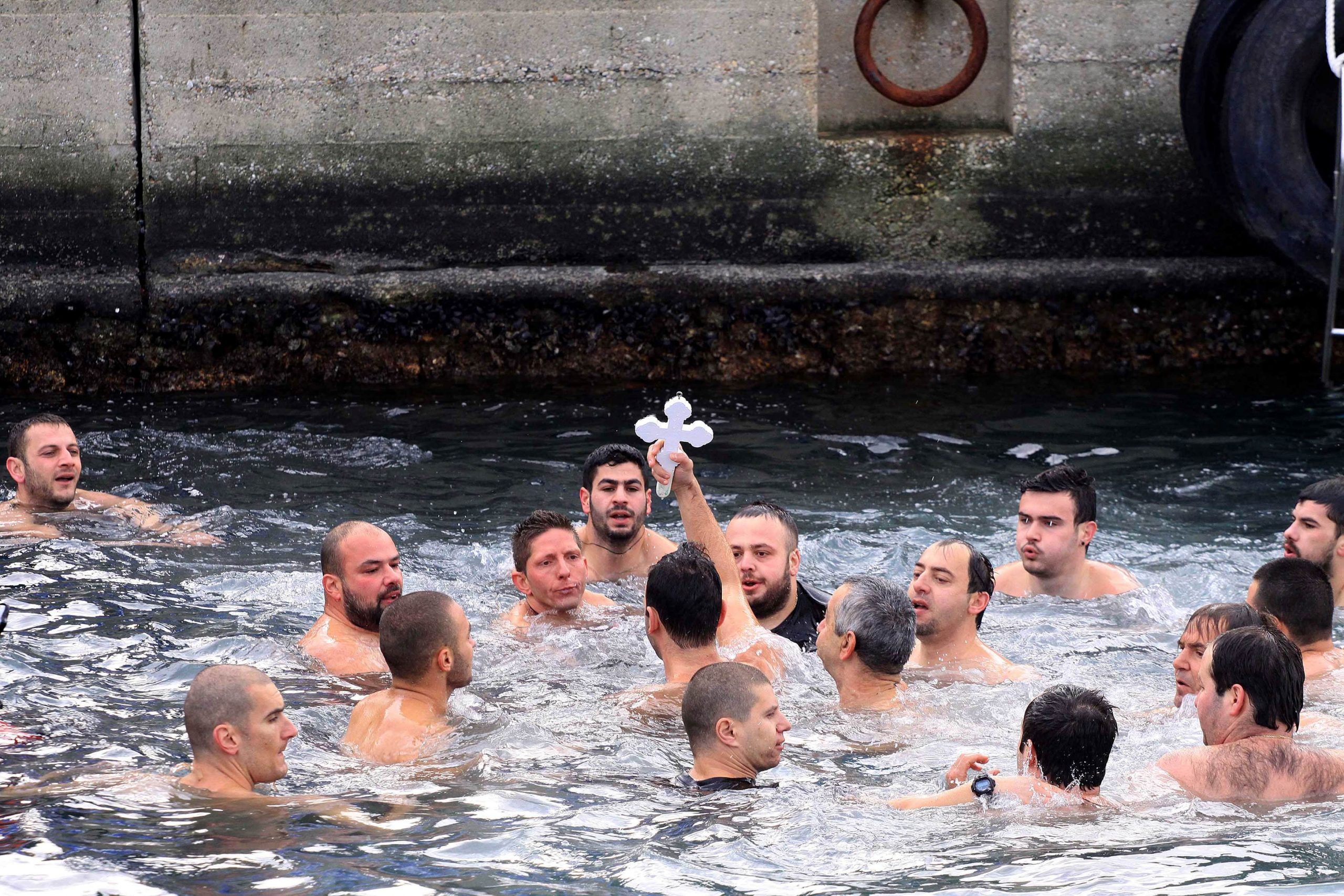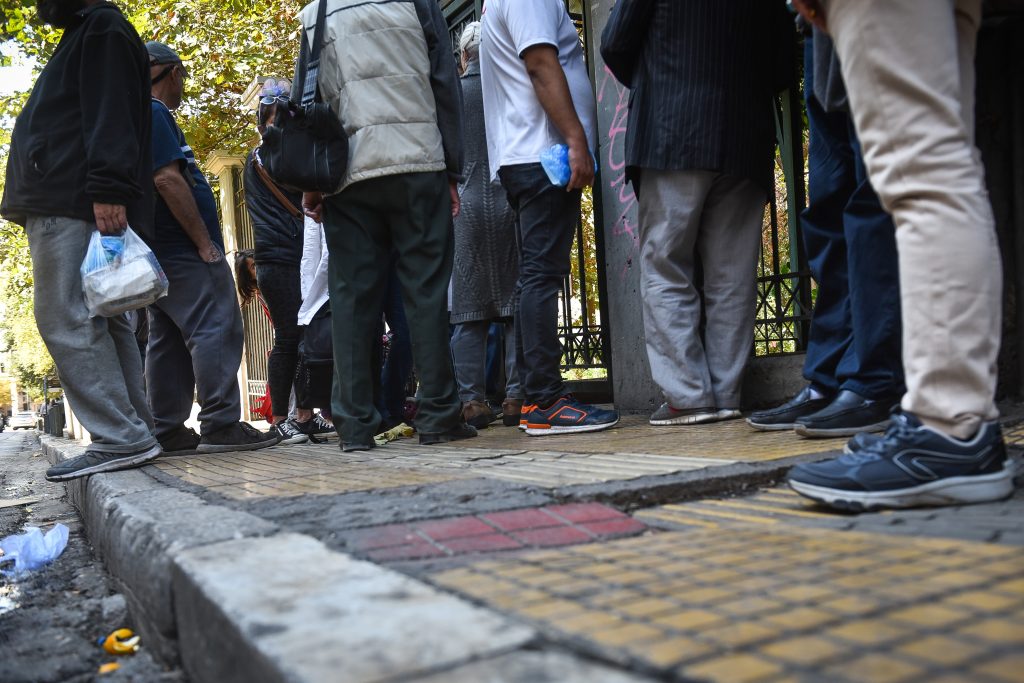The Jan. 6 religious holiday of the Epiphany, known as Theophania in Greek or the Festival of Lights, is one of the most significant events of the Orthodox calendar and marks the 12th day of Christmas.
The Epiphany commemorates the baptism of Jesus Christ by John the Baptist in the River Jordan and is celebrated throughout Greece through some lively traditions. The Greek word ‘Theophania’ means ‘vision of God’ and in the Greek Orthodox Church marks the revelation of Christ as the messiah and second person of the Trinity.
In preparation for the holiday, children sign traditional carols on the Eve of Epiphany and priests perform the first “Great Blessing of the Waters” in cathedrals and chapels, and then proceed to bless households with holy water.
The excitement truly begins, however, on the morning of the 6th where the faithful assemble near bodies of water, including fountains, rivers, lakes and the sea.
An Orthodox Priest will bless the body of water and then throw a Cross into the water. Men and boys, but now women and girls in some cases, can be seen plunging into the water and racing to be the first to retrieve it from the seasonally frigid waters. It is believed that the individual who retrieves the Cross will enjoy good fortune throughout the entire year.
According to the Greek Orthodox tradition, the day of Christ’s baptism is one of the only two times when the entire Trinity reveals Themselves to humanity in the following form: God the Father speaking from the clouds, God the Son being baptized in the River Jordan, and God the Holy Spirit revealed as a dove seen descending from heaven.
Theophania is also a significant feast day, or name day, in Greece and persons named Theofanis, Theofania, Iordanis, Fanis, Fani, Fotis, Foteini and Ourania celebrate.



